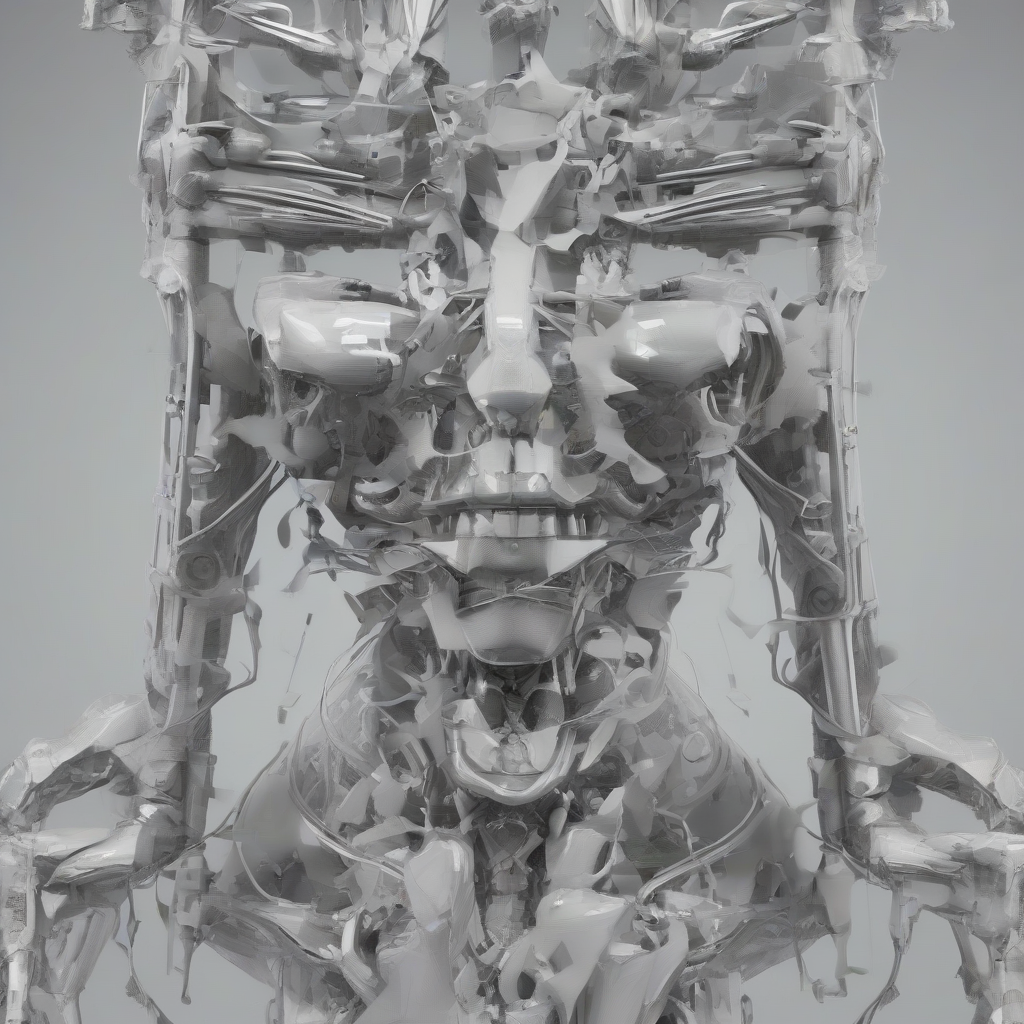Navigating the Complexities: Your Guide to Finding and Working with an Automobile Accident Attorney
Navigating the Complexities: Your Guide to Finding and Working with an Automobile Accident Attorney
Being involved in an automobile accident can be a traumatic and overwhelming experience. Beyond the immediate physical injuries and emotional distress, navigating the legal and financial aftermath can feel incredibly daunting. This is where an experienced automobile accident attorney becomes invaluable. This comprehensive guide will explore the intricacies of working with such an attorney, from initial consultation to final settlement or trial.
Understanding the Role of an Automobile Accident Attorney
An automobile accident attorney specializes in representing individuals who have been injured in car accidents. Their expertise lies in understanding the complexities of personal injury law, insurance claims, and negotiating settlements. They act as your advocate, protecting your rights and pursuing the compensation you deserve. Their services encompass a wide range of tasks, including:
- Investigating the accident: Gathering evidence such as police reports, witness statements, medical records, and photographs to build a strong case.
- Dealing with insurance companies: Negotiating with insurance adjusters to secure a fair settlement. Insurance companies often attempt to minimize payouts, and an attorney can counter these tactics.
- Filing a lawsuit: If a settlement cannot be reached, your attorney will file a lawsuit on your behalf to pursue your claim in court.
- Representing you in court: If the case goes to trial, your attorney will present your case before a judge and jury, arguing for maximum compensation.
- Calculating damages: Determining the full extent of your losses, including medical expenses, lost wages, pain and suffering, property damage, and more.
- Managing paperwork and deadlines: Handling all the necessary legal paperwork and ensuring that all deadlines are met.
When to Seek Legal Counsel After a Car Accident
While some minor accidents may not require legal intervention, there are several scenarios where consulting an automobile accident attorney is strongly recommended:
- Significant injuries: If you’ve sustained serious injuries such as broken bones, concussions, or internal injuries, legal representation is crucial to ensure you receive adequate compensation for medical treatment, rehabilitation, and lost income.
- Disputes with the insurance company: If the insurance company is denying your claim, offering a low settlement, or attempting to place blame on you, an attorney can help navigate these complex negotiations.
- Liability is unclear: In cases where fault is not immediately apparent, an attorney can investigate the accident and determine who is responsible for the damages.
- Significant property damage: If your vehicle has sustained substantial damage, legal representation can help ensure you receive compensation for repairs or replacement.
- Ongoing medical treatment: If you require extensive medical care, an attorney can help ensure that your future medical expenses are covered.
- Lost wages: If you’re unable to work due to your injuries, an attorney can help you recover lost wages and potential future income loss.
Finding the Right Automobile Accident Attorney
Choosing the right attorney is a crucial step in protecting your rights. Consider the following factors when searching:
- Experience: Look for an attorney with a proven track record of success in handling automobile accident cases. Experience translates to knowledge of the legal complexities and effective negotiation skills.
- Specialization: Focus on attorneys specializing in personal injury law, particularly those with a strong emphasis on automobile accidents. This ensures they have the specific knowledge and expertise necessary to handle your case effectively.
- Reputation: Check online reviews and testimonials to gauge the attorney’s reputation and client satisfaction. Look for consistent positive feedback regarding communication, responsiveness, and results.
- Communication: Effective communication is key. Choose an attorney who is responsive to your calls and emails and keeps you updated on the progress of your case. You should feel comfortable asking questions and receiving clear, concise answers.
- Fees: Most personal injury attorneys work on a contingency fee basis, meaning they only receive payment if they win your case. Understand the fee structure upfront and any potential additional expenses.
- Consultations: Take advantage of free initial consultations offered by many firms. This allows you to discuss your case, ask questions, and assess whether the attorney is a good fit for your needs.
The Attorney-Client Relationship: What to Expect
Once you’ve chosen an attorney, a strong attorney-client relationship is paramount. This involves:
- Open Communication: Maintain open and honest communication with your attorney. Keep them informed of any changes in your condition, new information related to the accident, or any concerns you may have.
- Realistic Expectations: While your attorney will work diligently to achieve the best possible outcome, it’s important to have realistic expectations about the legal process and potential results. Every case is unique, and the outcome can vary.
- Trust and Confidence: Trust your attorney’s expertise and judgment. They are your advocate and will guide you through the legal complexities of your case.
- Following Instructions: Cooperate fully with your attorney and follow their instructions. This includes providing all necessary documents, attending appointments, and adhering to deadlines.
- Patience: The legal process can be time-consuming. Be patient and understanding as your attorney works to build your case and negotiate a settlement or proceed to trial.
The Legal Process: From Initial Consultation to Settlement
The process of working with an automobile accident attorney typically follows these steps:
- Initial Consultation: Discuss the details of your accident, your injuries, and your goals with the attorney. They will assess your case and advise you on your legal options.
- Investigation: The attorney and their team will investigate the accident, gathering evidence to support your claim.
- Negotiation with Insurance Companies: The attorney will negotiate with the insurance companies involved to try and reach a fair settlement.
- Filing a Lawsuit (if necessary): If negotiations fail, the attorney will file a lawsuit on your behalf.
- Discovery: This phase involves exchanging information and evidence with the opposing side.
- Trial Preparation: If the case proceeds to trial, the attorney will prepare your case and present your evidence to the court.
- Settlement or Trial: The case may be settled out of court or proceed to trial, where a judge or jury will determine the outcome.
Types of Damages in Automobile Accident Cases
Compensation in automobile accident cases typically includes various types of damages:
- Economic Damages: These are quantifiable financial losses, including medical bills, lost wages, property damage, and future medical expenses.
- Non-Economic Damages: These are intangible losses that are harder to quantify, such as pain and suffering, emotional distress, loss of consortium (loss of companionship), and scarring.
- Punitive Damages: These are awarded in cases of gross negligence or intentional misconduct, intended to punish the at-fault party and deter similar behavior in the future.
Protecting Your Rights After a Car Accident
Taking the following steps immediately after an accident can significantly benefit your case:
- Seek Medical Attention: Even if your injuries seem minor, seek medical attention immediately. Document all injuries and treatments.
- Report the Accident to the Police: Obtain a copy of the police report. This is crucial evidence in your case.
- Gather Information: Collect information from witnesses, including names, addresses, and phone numbers. Take photos and videos of the accident scene, vehicle damage, and your injuries.
- Do Not Admit Fault: Avoid admitting fault or apologizing at the scene of the accident. Let the investigation determine liability.
- Do Not Sign Anything: Do not sign any documents from insurance companies before consulting with an attorney.
- Contact an Attorney: Seek legal counsel as soon as possible after the accident.
Conclusion (omitted as per instructions)




